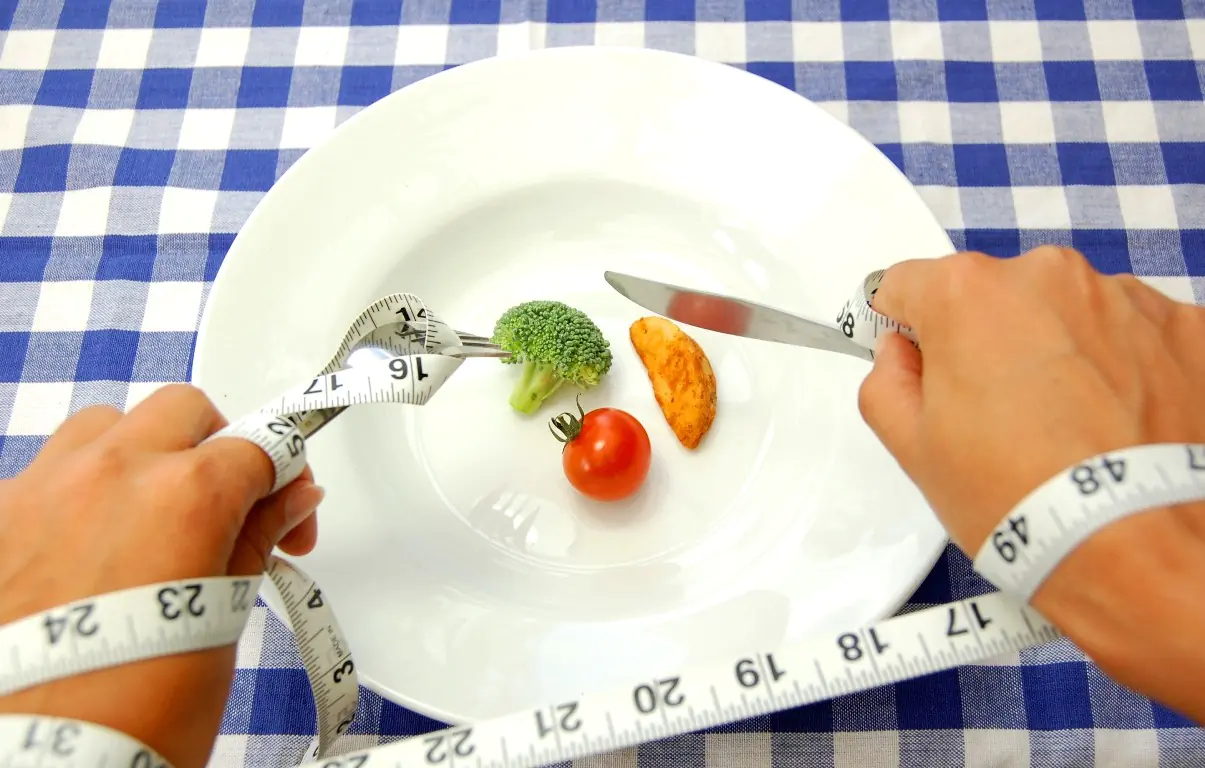Many of us, in pursuit of a beautiful figure and self-confidence, go on a diet, limiting the body's calories. However, the result of such self-torture does not always last long and, as soon as a slight indulgence is given, everything returns to normal. Read our material about why diets don’t always work.
Why should you eat after six?
You've probably noticed that diets don't always work as they should. So, you limit yourself to food for a long time, creating stress for your body, it loses a certain amount of kilograms, and then either stops at one point or another, or, having reached the desired mark on the scales, after a while it begins to gain the extra weight again weight. Here are the main reasons why diets don't work.
IMPROPER FUNCTION OF HORMONES
Much has already been said about hormones. And, indeed, their malfunction can be the main reason why diets don't work. So, it is hormones that stimulate the body to lose or gain weight. Therefore, if you have a reason for excess weight that is not related to the fact that you eat a lot and move little, it is better to consult a doctor to check the condition of the endocrine system.
It is noteworthy that endocrinologists are confident that in order for hormones to function normally, you should not eat when you don’t feel like it, or starve yourself.
The hormones testosterone and adrenaline, as well as vitamin D, are responsible for losing weight in an adult. In order for the weight loss process to be successful and the results to last for a long time, it is necessary that these substances function correctly and in the right quantities in the body.
IT IS IMPOSSIBLE TO CALCULATE HOW MUCH NUTRIENTS THE BODY USES
The human body is created in a very interesting way. It can be easily compared to a perfect computer, which in real time can easily determine how many nutrients it needs at one time or another. And the required amount is different all the time: it depends on the time of year, state of health, physical activity, and even the weather outside the window.
Can you imagine such a center where it is distributed what you need at a particular moment in order to live, feel good and be able to be active. Is not that great?
Of course it's great. But this feature of the body can interfere with the process of losing weight, since your view of the necessary components and its internal view may differ.
The hormone insulin is responsible for the formation of reserves in the body. It prevents cells from decaying and is responsible for restoration and formation of reserves. The body's relationship with insulin determines the initial tendency to gain weight. Experts say that the body’s reaction to insulin is a genetic predisposition, and if there are not many receptors on the surface of the cell that are designed to sense insulin, then you can eat anything and the fat layer will not grow. If there are a lot of them, any consumption of carbohydrates will cause excess weight. We are talking about cases when excess weight is more than 20 kilograms.
IMPOSSIBILITY TO CALCULATE THE AMOUNT OF NUTRIENTS IN FOODS
When you go on a diet, you can see how much your body needs of certain substances per day to lose weight. However, in practice it is impossible to read how much of them is contained in a particular product. For example, the carotene content in peaches can vary by 35 times.
In other words, you take, for example, two peaches, and one peach will have 35 times more beta-carotene than the other. This difference is due to the weather, the side of the tree where the peach grew, watering conditions, and so on. And this very often interferes with weight loss.
CONCLUSION
To achieve your goal and lose weight, you need to make sure that your hormonal system is functioning correctly. If everything is fine with hormones,



